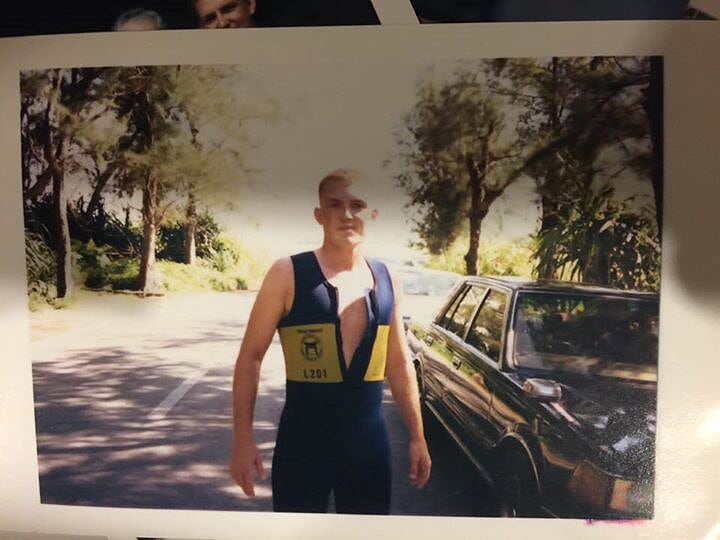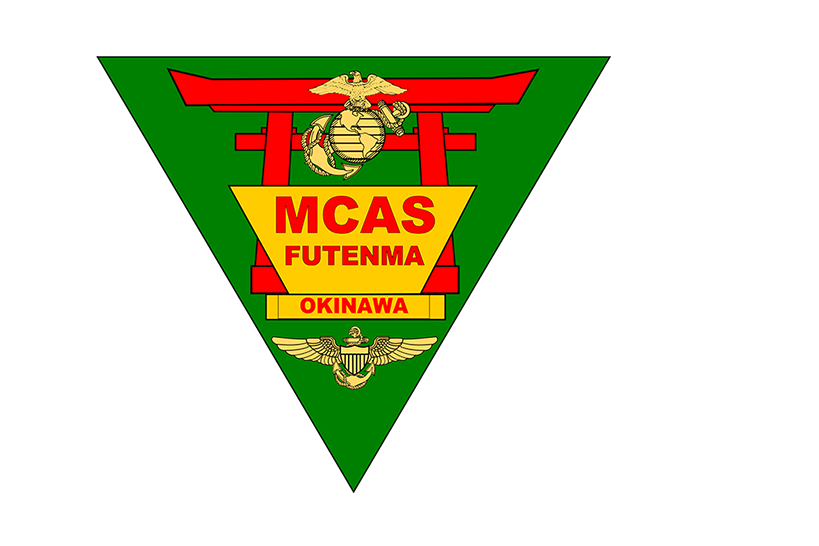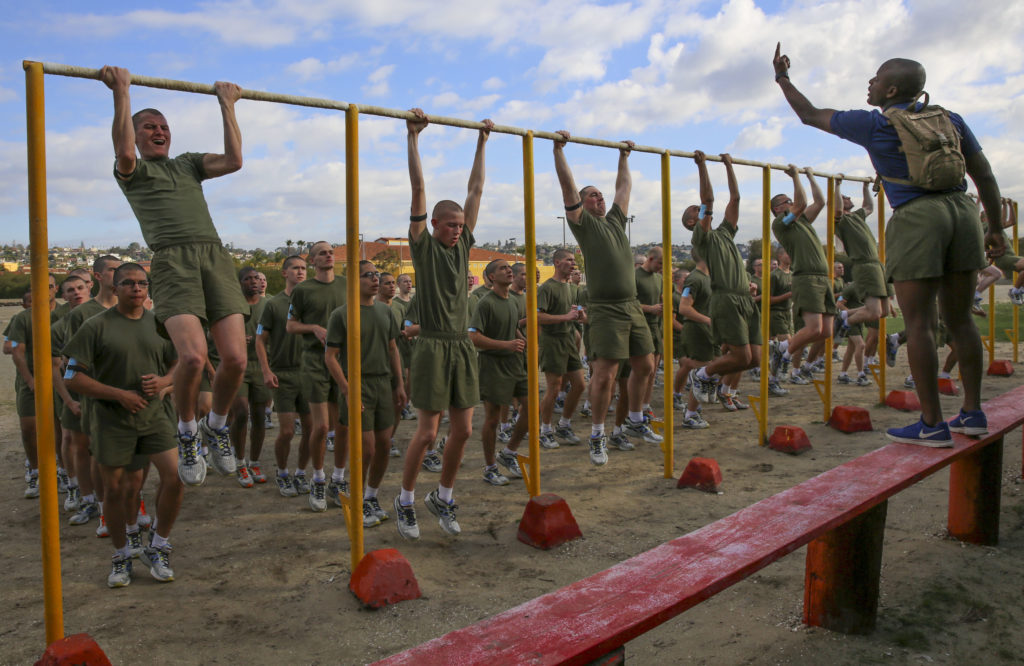Author Archives: Dave
My Service Stories: Okinawa – Part 1
This is a continuation of my Service Stories series. If you want to start from the first post in the series, you can read it here. While my stories here are written for my daughters and possibly their kids, maybe it … Read More »
My Service Stories (Part 1)
Things I Learn About Myself
Needed a break in my book writing so I thought I’d read a little. I was reading an article about your online profile. It’s basically what people can find out about you from the information that is publicly available online. … Read More »
A Cloud of Dust
I have been reading a book entitled The Little Big Things by Tom Peters. His focus in the book is, that if you focus on the little things, it becomes big in your quest for excellence! Today I read about … Read More »
Veterans Day 2009 (Here’s To Brothers)
Yesterday was the Marine Corps 234th Birthday. As our custom, I called my bro’ Paul and wished him a Happy Birthday. We hadn’t talked for about a year but it was as if we were still onboard the USS Raleigh … Read More »
Free BBQ!
The Case for Relational Christianity
I sit and ponder many topics to write about, but, for various reasons (mostly just laziness) I haven’t been taking the time to write about what I am thinking. I do read and sometimes I come across an article that … Read More »
We’ve been through this before
We’ve been through this before. I can’t believe everyone is getting so freaked out about this. If you were around in 1976 – you might remember these!




